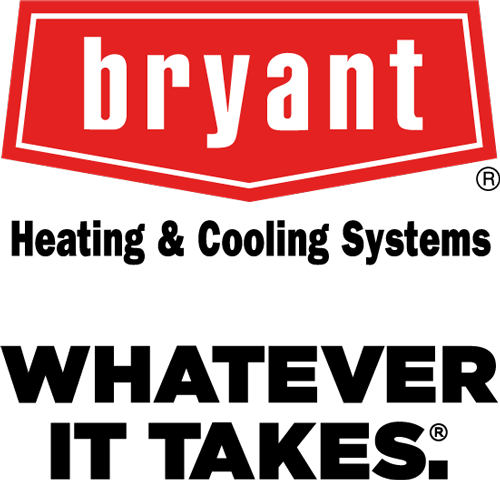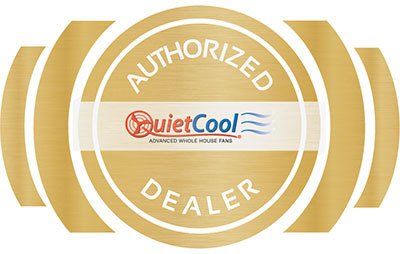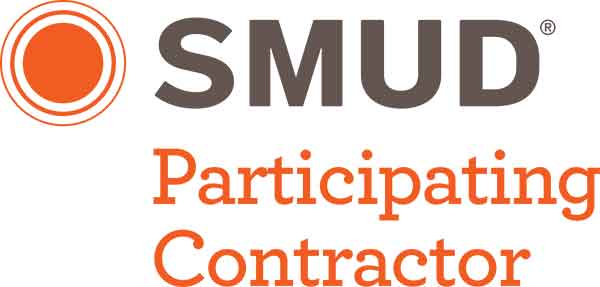Take a look at some frequently asked questions that we get and let us know if you have any others.
Scheduling annual, professional maintenance from Quality Sheet Metal Heating & Air, Inc is the best way to maximize the efficiency and longevity of all makes, models, and ages of heating and cooling systems. A full inspection and tune-up catches and resolves issues before they negatively impact performance and potentially lead to full replacement.
You can choose either a 30- or 90-day filter for your HVAC system. Check the recommended replacement schedule for the filter and be aware that pets, remodeling projects, and anything that generates air contaminants requires more frequent filter changes.
According to the US Department of Energy, you can trim up to 10% off your heating and cooling usage by adjusting the thermostat up or down seven to ten degrees from the normal setting for eight hours per day. Raising the setting in the summer or lowering it in the winter reduces the run-time for the heating and cooling system.
Refer to the system’s manual for correct specifications. Filter size is measured in length, width, and depth. Choose filters rated for residential HVAC systems rather than for commercial use. The typical MERV value for a residential system falls between 1 to12 to capture maximum particles yet allow for efficient airflow.
No matter the brand or model of HVAC equipment, the system should be serviced at least once per year. Schedule heating system maintenance in the fall and have the A/C checked in the spring. Comprehensive upkeep includes cleaning and inspection of the circuits, safety controls, drain line, condensate pump, caps, valves, electrical components, ignition assembly, blower, motors, pressure switches, belts, thermostat, ventilation, coolant levels, filter, and system performance.
Easy and effective DIY HVAC maintenance procedures include replacing air filters, keeping ducts and registers clean, and clearing debris such as leaves, sticks, dirt, and pollen from the outdoor unit. It’s also a good idea to check the evaporator drain, which can become obstructed by algae and mold. Once a year, pour a mixture of water and bleach down the drain to prevent harmful growth.
A Manual J calculation is the best way to determine the ideal HVAC unit size for your home. This measurement factors in square footage, climate, ductwork, windows, shade/sunlight, insulation, occupancy, heat-generating appliances, and more. You want to know exactly how many BTUs of heating and cooling you require to comfortably heat and cool your residence.
SEER stands for Seasonal Energy Efficiency Ratio and measures air conditioning and heat pump cooling efficiency. It is calculated by the cooling output divided by total electric energy input during a typical cooling season. The higher the SEER rating, the greater the efficiency of the unit.
There are many components that you can check to ensure your HVAC system is operating without issue:
- Check the air filters. If they’re looking dirty or discolored in some way, you may need to have them replaced or checked by a professional.
- Are there signs of leaking?
- Are there strange sounds or smells coming from the system?
- Is the thermostat providing an accurate reading of the temperature in the room?
- Is the system shutting off prematurely or tripping the breaker?
If you have a concern about your HVAC system’s operation, then have it inspected just to be safe.












